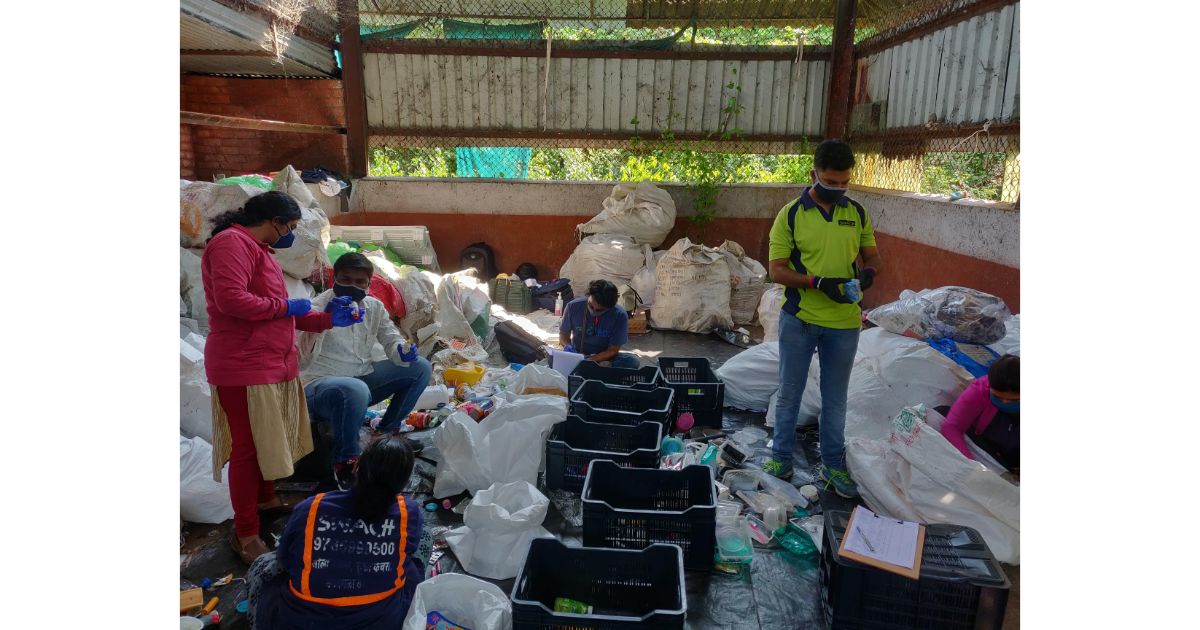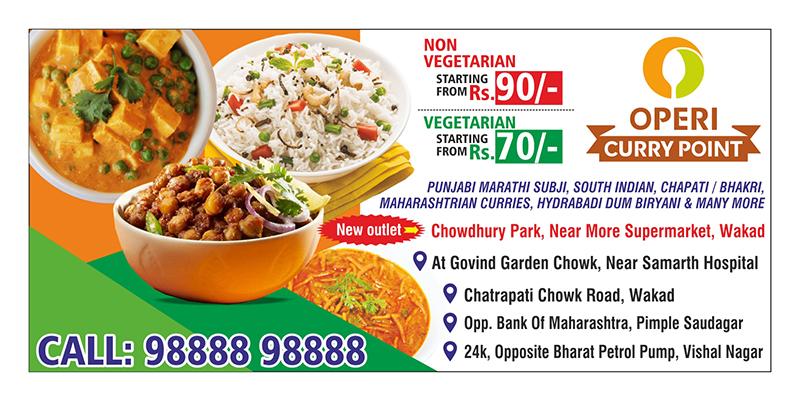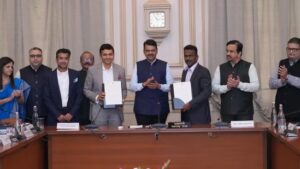44 % of Pune city’s waste cannot be recycled

In the month of October 2020, SWaCH conducted a brand audit of Pune’s plastic waste, as part of its annual global initiative by Break Free From Plastic to identify producers and hold them accountable for the plastic they introduce into our environment. This year, the Break Free From Plastic report highlighted the crucial role of waste pickers in collection and recycling waste across the world.
Waste from over 1,000 households, featuring a mix of low-, middle- and high-income households, was studied for the audit. The waste was first sorted into categories by material type – plastic, paper, metal, glass, sanitary waste, wet waste, etc. Plastic waste was further sorted by type into PET, HDPE, PVC, LDPE, PP, PS, O, thermocol, rubber, wires, etc. The brand name and plastic type for each piece of waste plastic was documented for the audit. Such audits were conducted in 575 sites across 55 countries.

Break Free From Plastics’ Brand Audit 2020 report revealed Coca-Cola, PepsiCo, Nestle, Unilever and Mondelez International as the top five plastic producers. Coca-Cola has been the top-most producer of single use plastic in the world for three consecutive years.The audit in Pune revealed Nestle, Coca-Cola and Unilever to be the top three international brands contributing to Pune’s plastic waste. Among local brands, Chitale, Amul and Gokul were found to be the most prominent by number, largely from single-use milk packets. In absolute numbers, Chitale was the most common brand found in Pune’s plastic waste. Detailed results of the audit are enclosed below.
The vast majority of plastic waste entering the system is single use. Pune’s brand audit data revealed that over 39% of plastic waste (by weight), or 44% by count is either non-recyclable or made of small sachets and other low value materials which are unviable within the recycling sector. Plastics of this type were produced by over 335 international and local brands, with Nestle, Parle and Unilever as the top three producers.
The items in this category include chips and biscuit packaging, small sachets of shampoo/ketchup, toothpaste tubes, etc. Each ofthese packets has several layers of material – various grades of plastic, aluminium and/or paper which make it extremely challenging to separate and recycle. These plastics either end up at landfills and open dumps, or are subjected to environmentally harmful end-of-life processes such as incineration and plastic-to-fuel.

Producers of such multi-layered plastics insist that these sachets are produced in service of the poor, to provide affordable access to their products.
Asha Khillare, a waste picker involved with the brand audit clarifies, “The big brands and companies say that they have brought the small sachets into the market because we (the poor) have asked for them. Wehave neither asked for the sachets ourselves nor has anyone ever come and asked us about it. But still, the companies say that it’s (the sachets) for us.Is there any benefit to us from these sachets? It can’t even be sold as scrap/recyclable. It simply creates more litter. The companies are simply filling their pockets.”
India’s Solid Waste Management Rules, 2016 and Plastics Waste Management Rules, 2016 require manufacturers, producers, and brand owners using non-recyclable packaging to either pay municipalities for the cost of managing such waste or arrange to take it back and manage its disposal themselves under the principle of Extended Producers Responsibility (EPR). However, an enforceable EPR mandate is yet to be rolled out. Until then, corporates continue to introduce single-use, multi-layered plastics into our cities, outsourcing the environmental and economic cost of managing these plastics to corporations, citizens and waste pickers.
Apart from these challenging materials, the highly recyclable plastics are recovered by waste pickers and recycled through the existing informal economy. The collection, sorting, logistics and recycling costs are part of the life-cycle costs of FMCG manufacturers. All these corporate costs are effectively subsidized by the work of waste pickers and informal waste workers. However, they are at risk of losing their livelihoods to corporate interventions that divert these highly recyclable materials away from the informal sector in a push to meet corporate sustainability targets. Large, centralised, capital-intensive interventions often do not have the capacity to integrate the large number of informal waste workers they displace.

“Waste pickers already fulfil the producer’s responsibilities under EPR. We urge brands not to divert highly recyclable materials like PET away from waste pickers, but instead to design inclusive EPR initiatives which compensate waste pickers and scrap traders for their contribution to effective recycling, ” said Lakshmi Narayanan, founder member of KagadKach Patra Kashtakari Panchayat, Pune’s trade union of waste-pickers.
Extended Producers Responsibility would be most effective when directed towards low value, non-recyclable plastics. By partnering directly with waste pickers and informal sector waste workers, FMCG companies can compensate these actors for their contribution to the true costs of managing the products they have brought into the market. Along with this, corporates should redesign their packaging and delivery systems, phasing out these problematic materials entirely.












